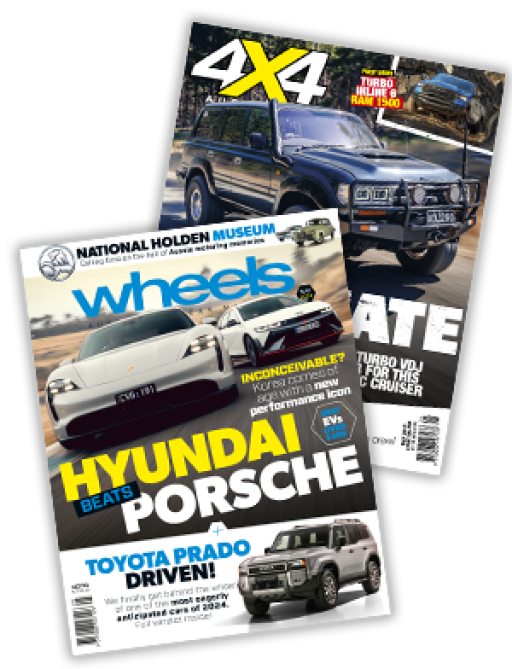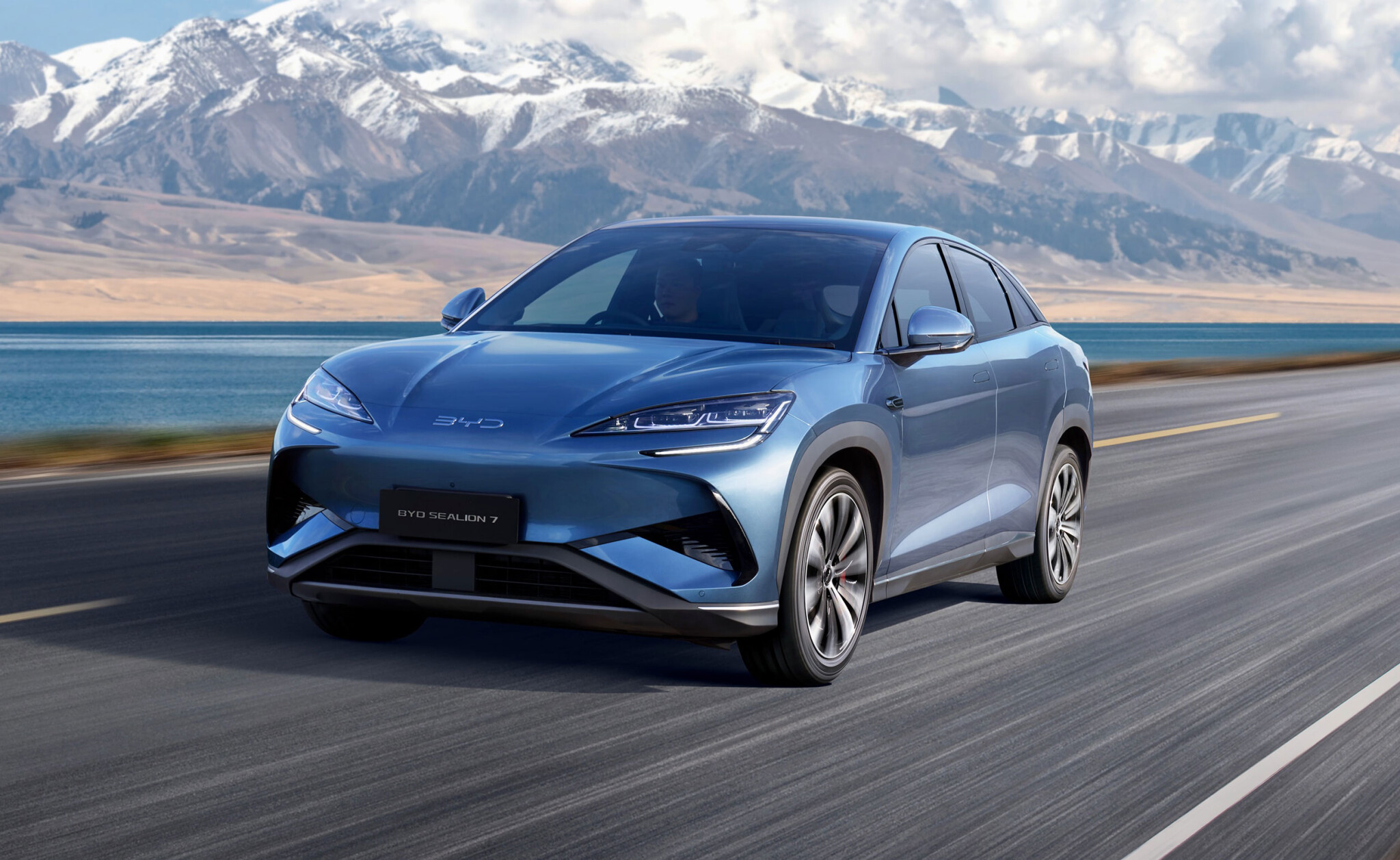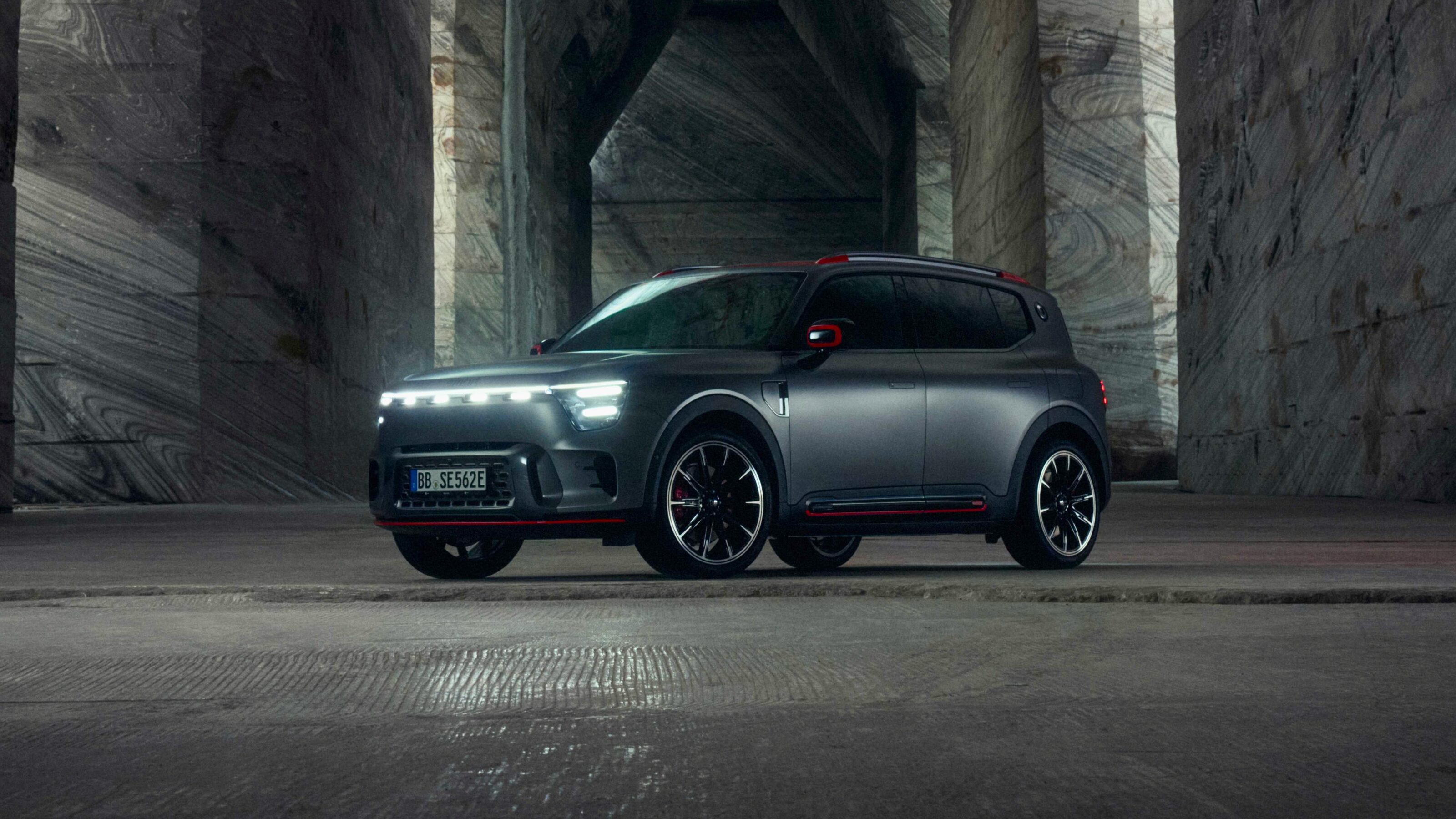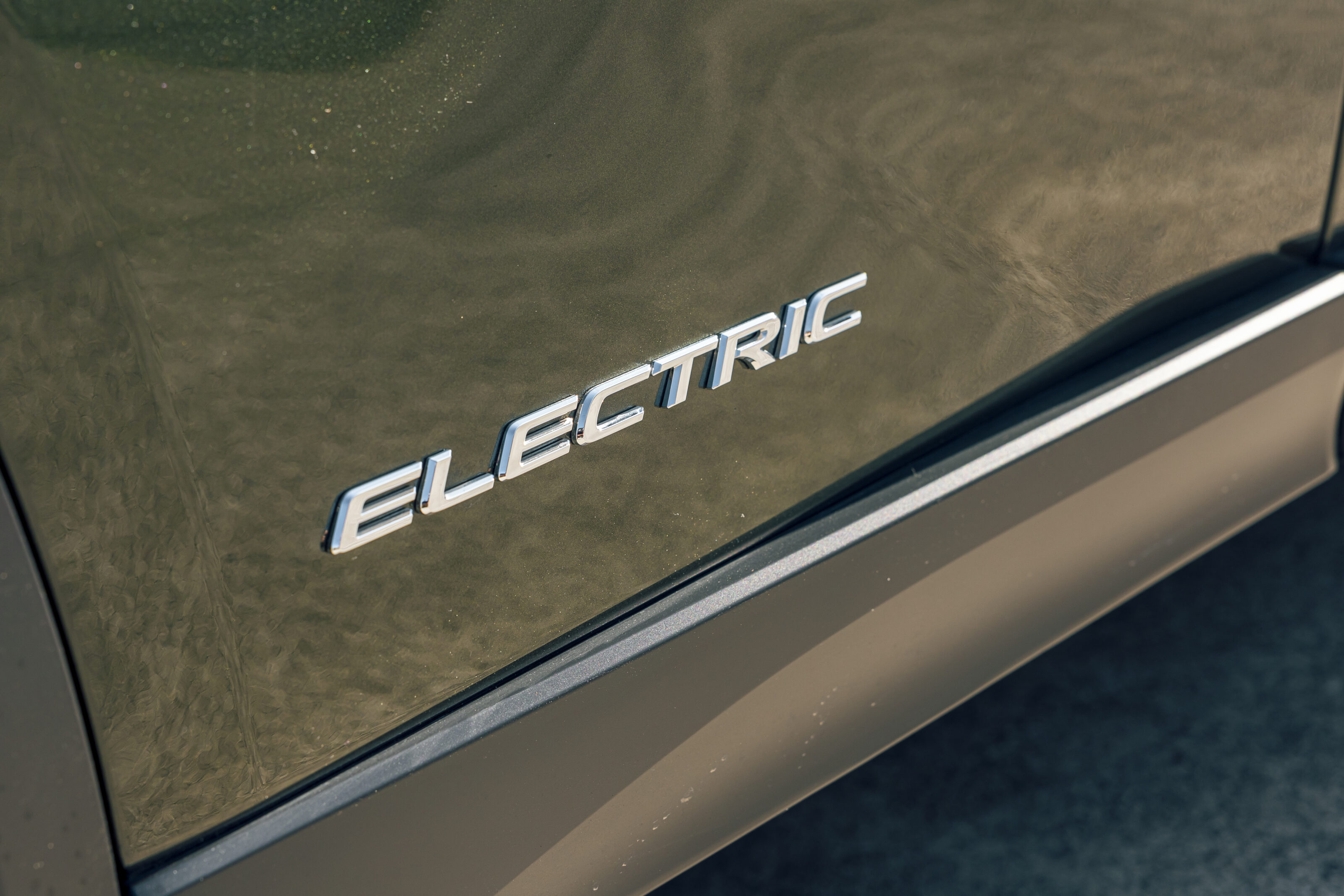
A survey has revealed the inflated global economy has piqued the interest of drivers in electric vehicles – but key barriers in affordability, driving range and charging infrastructure persist.
Snapshot
- Lower u2018fuelu2019 costs a key reason for EV switch
- Still concerned around price, home charging, driving range
- Petrol, diesel, hybrids still preferred
The study, by analysis firm Deloitte, was conducted between September to October 2022 – sampling more than 26,000 people in 24 countries, with this report focusing on markets including; Austria, Belgium, Germany, France, Italy, Poland, the United Kingdom, Turkey, Spain, and South Africa.
Read the full Deloitte report.
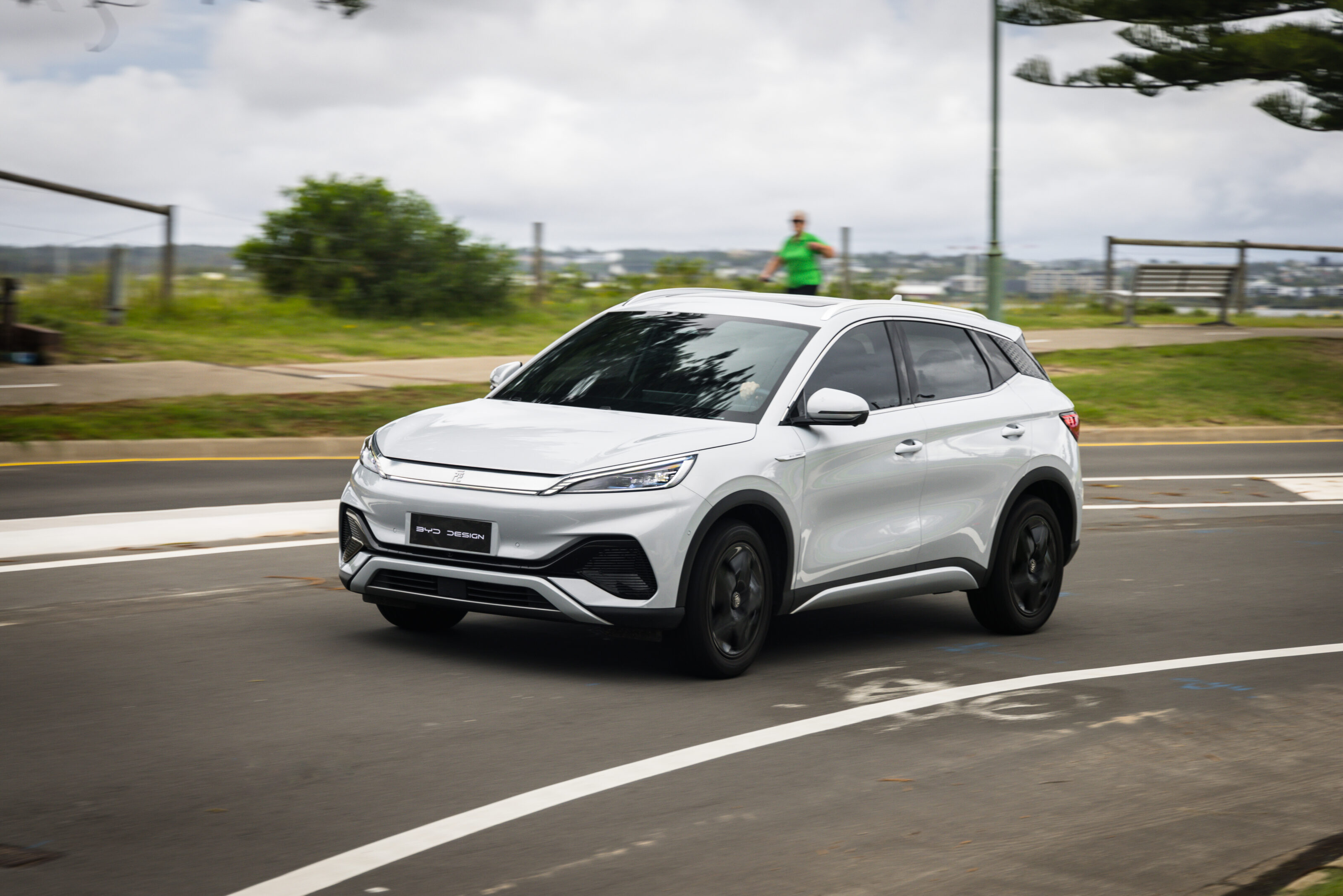
Lower running costs
The report highlights lower perceived running costs as the top reason to make the EV switch amid the uncertain economy, despite the continued preference for petrol or diesel and hybrid-powered vehicles.
Other reasons – including; reduced maintenance, government incentives, tax penalties on petrol and diesel engine vehicles, concern about climate change, personal health, and vehicle-to-home capabilities – trail behind.
All participants indicated a lack of peer pressure to encourage the EV adoption shift.
However, the higher electric car price tag remains a key concern for buyers, although not all models are more expensive and the argument is lower ownership costs over time will eventually offset and surpass the premium.
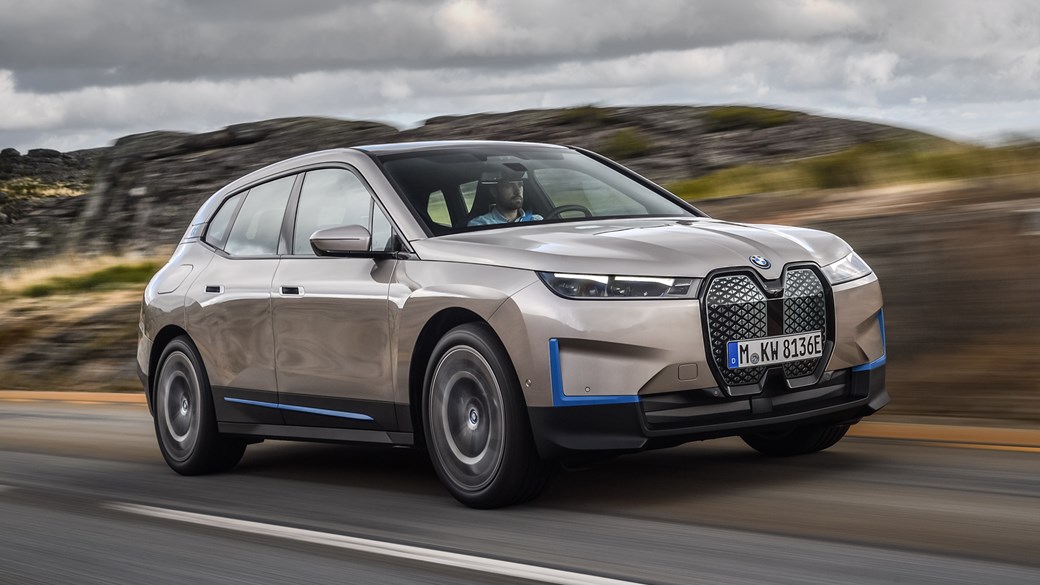
Home vs public charging
Furthermore, the majority of respondents in the United Kingdom, South Africa, and key European countries preferred charging at home every day.
But, most participants cited that they can’t refill EVs at their homes because charging equipment cannot be installed, the installation cost is too high, and some were unsure about how to do it.
Therefore, more public charging infrastructure is required to address ‘range anxiety’ concerns. A strong preference for EV charging sites located at a dedicated EV hub or traditional fuel station were suggested, along with ‘any location’.
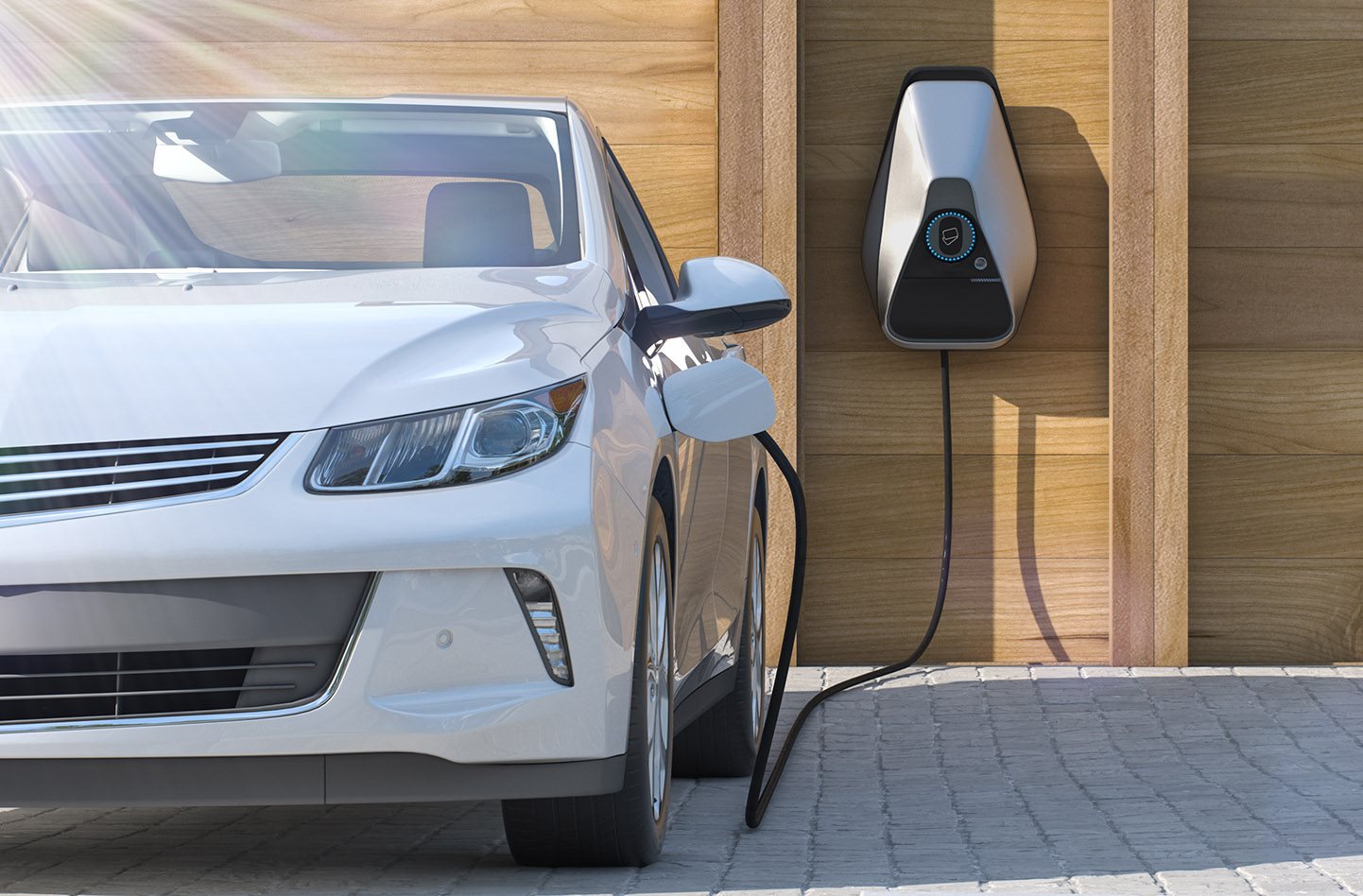
Interestingly, participants weren’t buoyed by longer recharging times compared to a quick refuel typical in a combustion-engined car, with most willing to wait 10 to 60 minutes – in line with EV station and model capabilities today.
The study also mooted that people would spend more time at EV chargers if they had toilet facilities and the availability of coffee or beverages, instead of light food, sitting areas, or private meeting rooms.
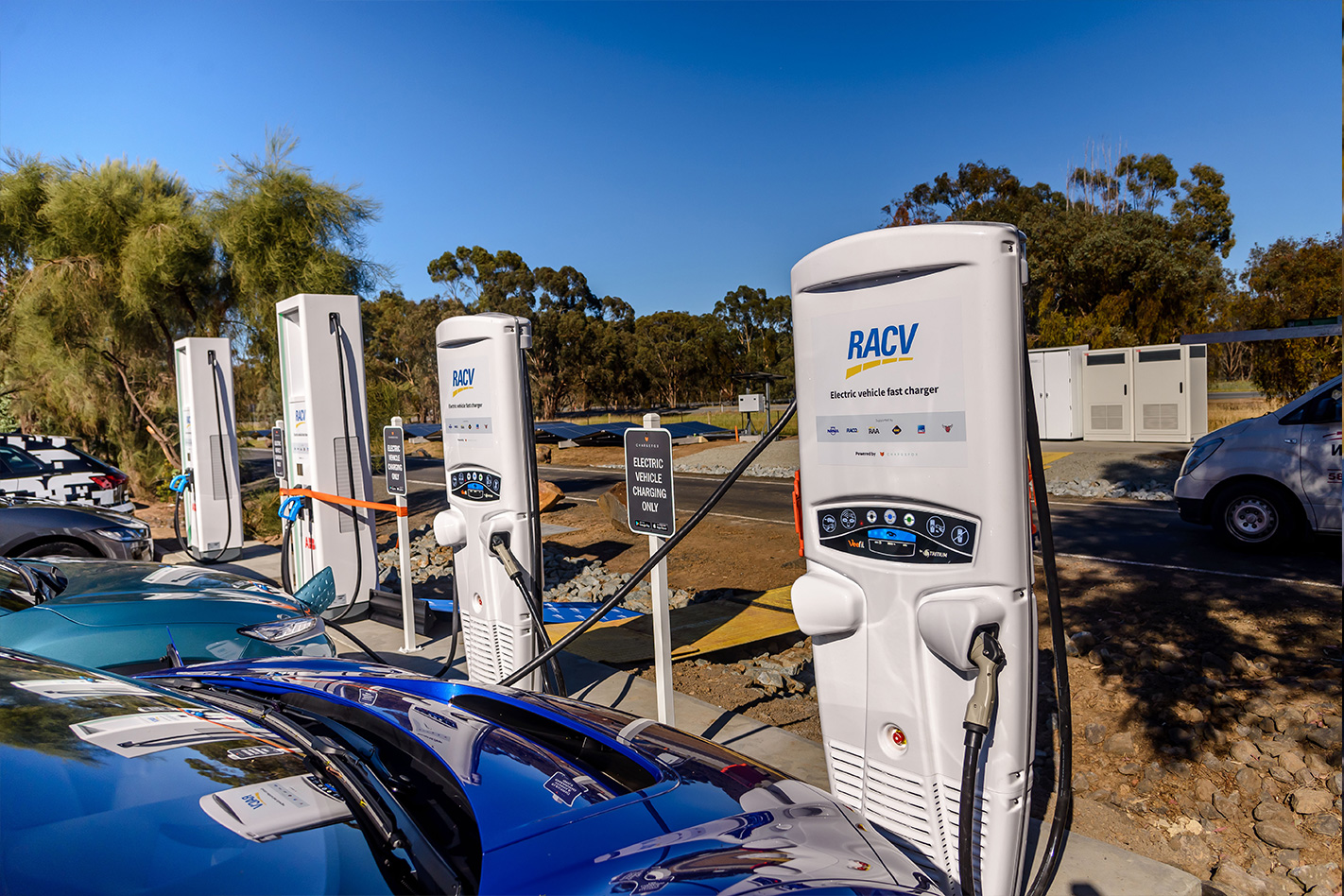
Driving range
The Deloitte survey found expectations of EV driving range varies significantly depending on the country and remains a main barrier to adoption.
Most markets only require 400 kilometres or more driving range, whereas Austria, Belgium and France were more demanding at 600km or more range.
For reference, many EVs today already provide more than 400km in claimed driving range – but with the exception of some cheaper, city-focused, light commercial, and inefficient models.
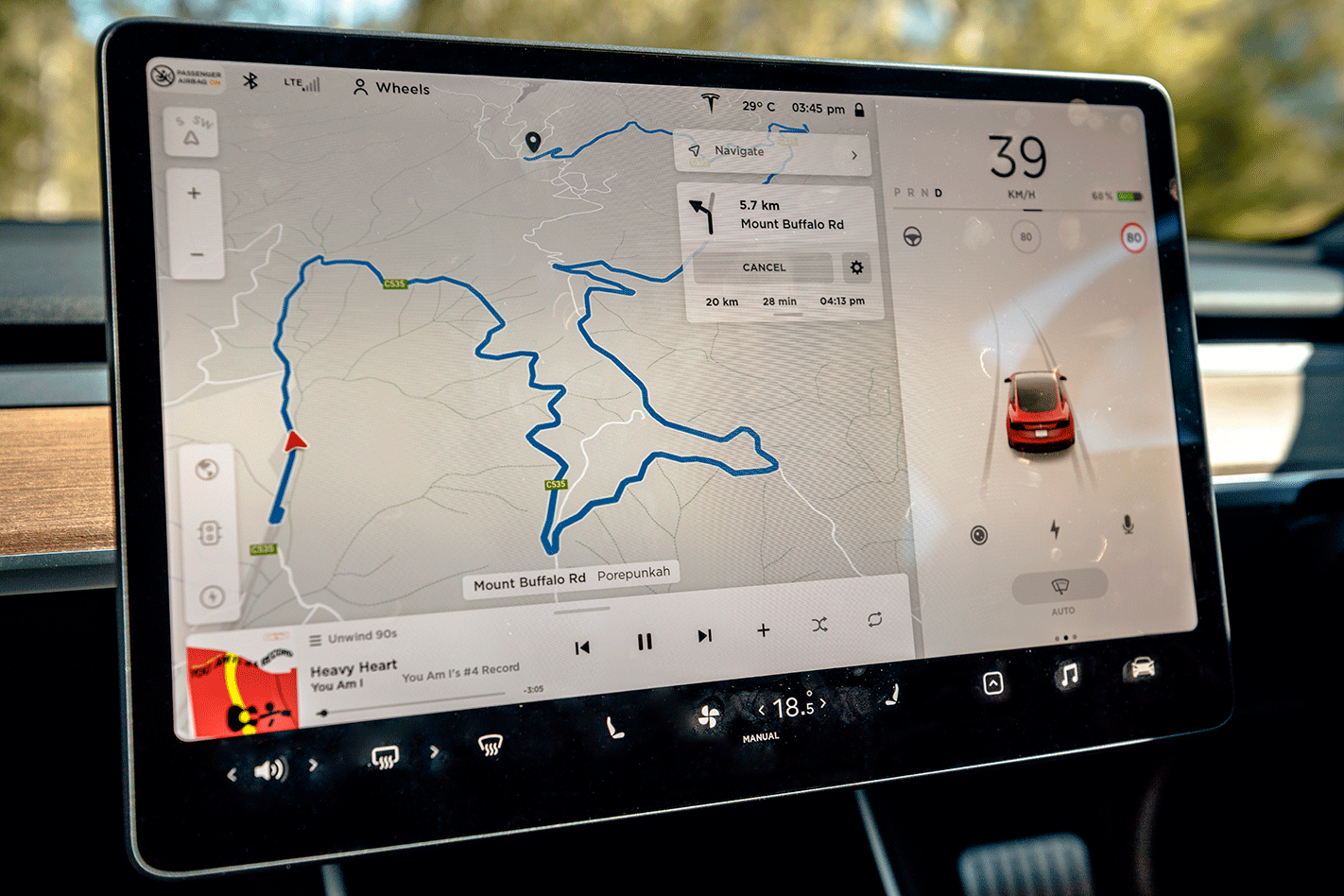
Alternative zero-emission vehicles
Interestingly, the study foregrounds that most participants would rethink purchasing a battery-electric vehicle if there’s an environmentally sustainable alternative for traditional internal-combustion engines.
This includes emerging powertrain technologies, including synthetic eFuels and hydrogen-combustion, which has been the subject of recent scrutiny.
Automakers including Toyota, Hyundai, Renault and BMW are investing in the development of hydrogen fuel-cell propulsion.
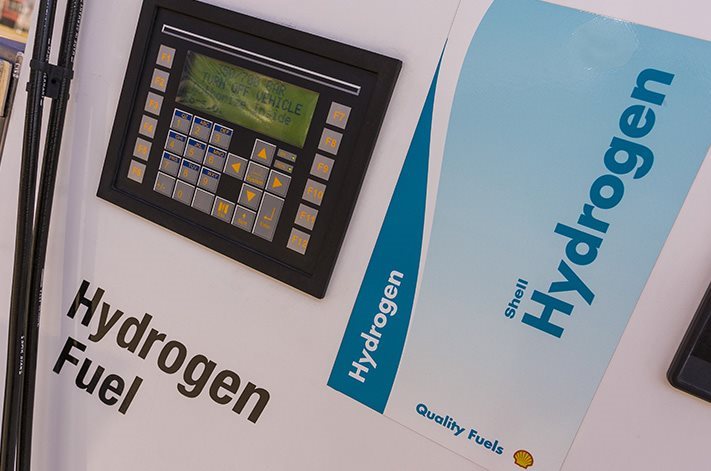
Software and subscriptions
Carmakers are increasingly floating the idea of being ‘software-driven’ mobility companies, and already offer paid subscriptions to unlock certain features.
But, surveyed participants indicated a connected smartphone application to lock/unlock the vehicle, remote start, track its location, and add features aren’t necessary.
Most would rather pay for features in full or as part of the purchase price, as opposed to a per-use subscription fee.
Though, they did expect an app to help them learn more about the vehicle features, and book and track a servicing appointment.
Read the full Deloitte report.
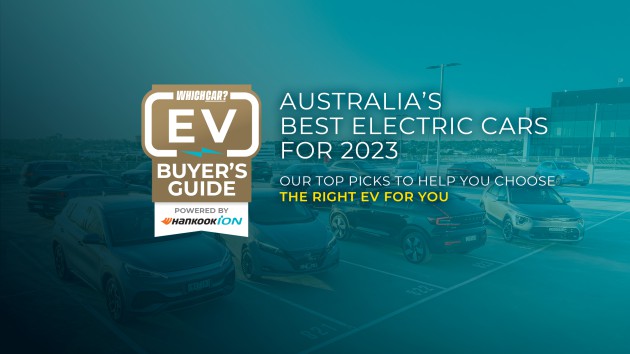
Australia’s best electric cars for 2023
We’ve tested nearly every EV below six figures in Australia to rank the best on sale today
⚡ More EV stories to help you choose the best car for your needs
We recommend
-
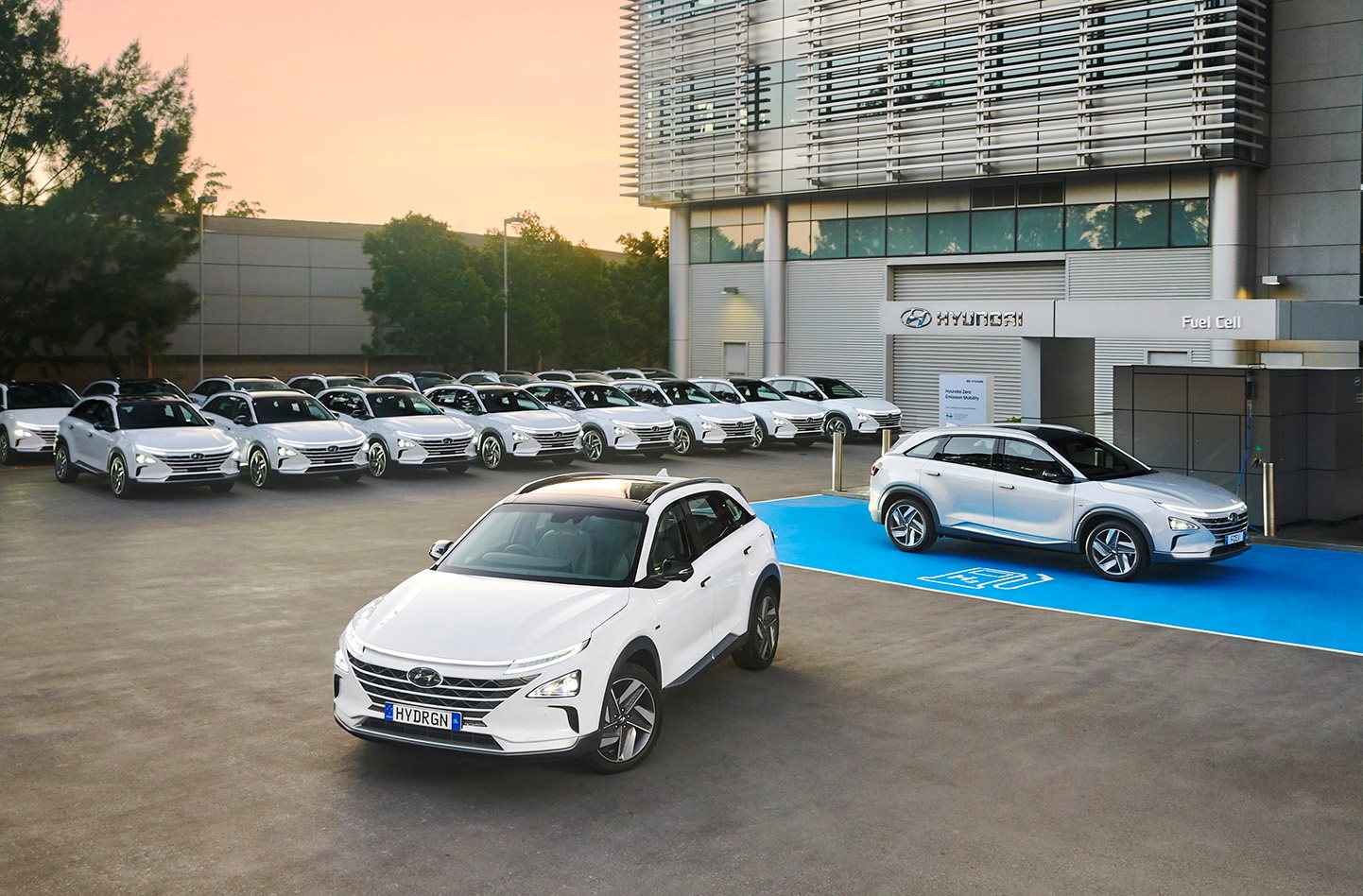 News
NewsThis is why Australian businesses won't buy electric cars
A major survey of fleet buyers has confirmed the main stumbling blocks for electric vehicles in Australia
-
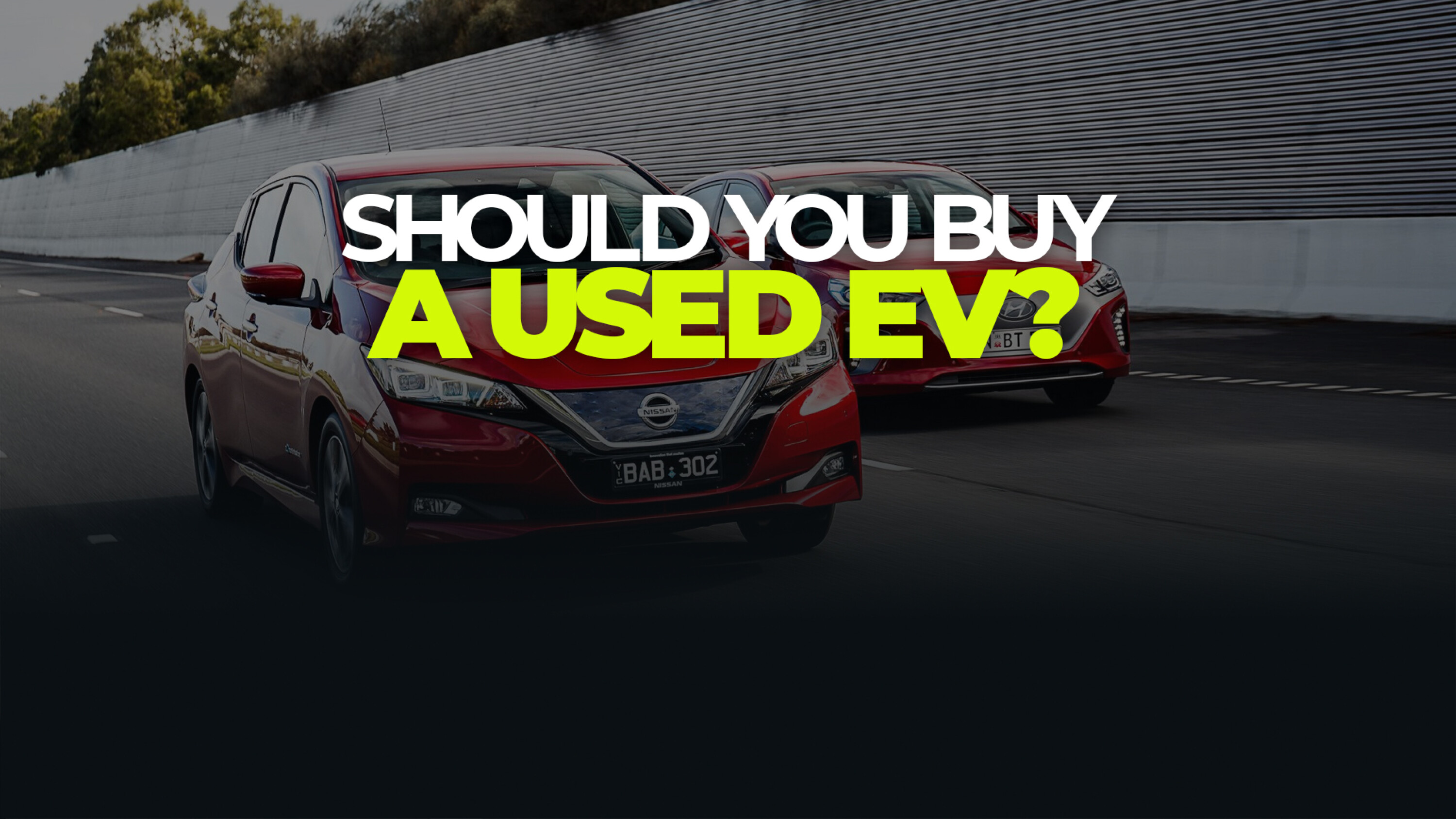 Advice
AdviceShould you buy a used EV? Depreciation & checklist guide
Want to buy a cheaper electric car? A used example might be the answer, but there are a few things to consider first
-
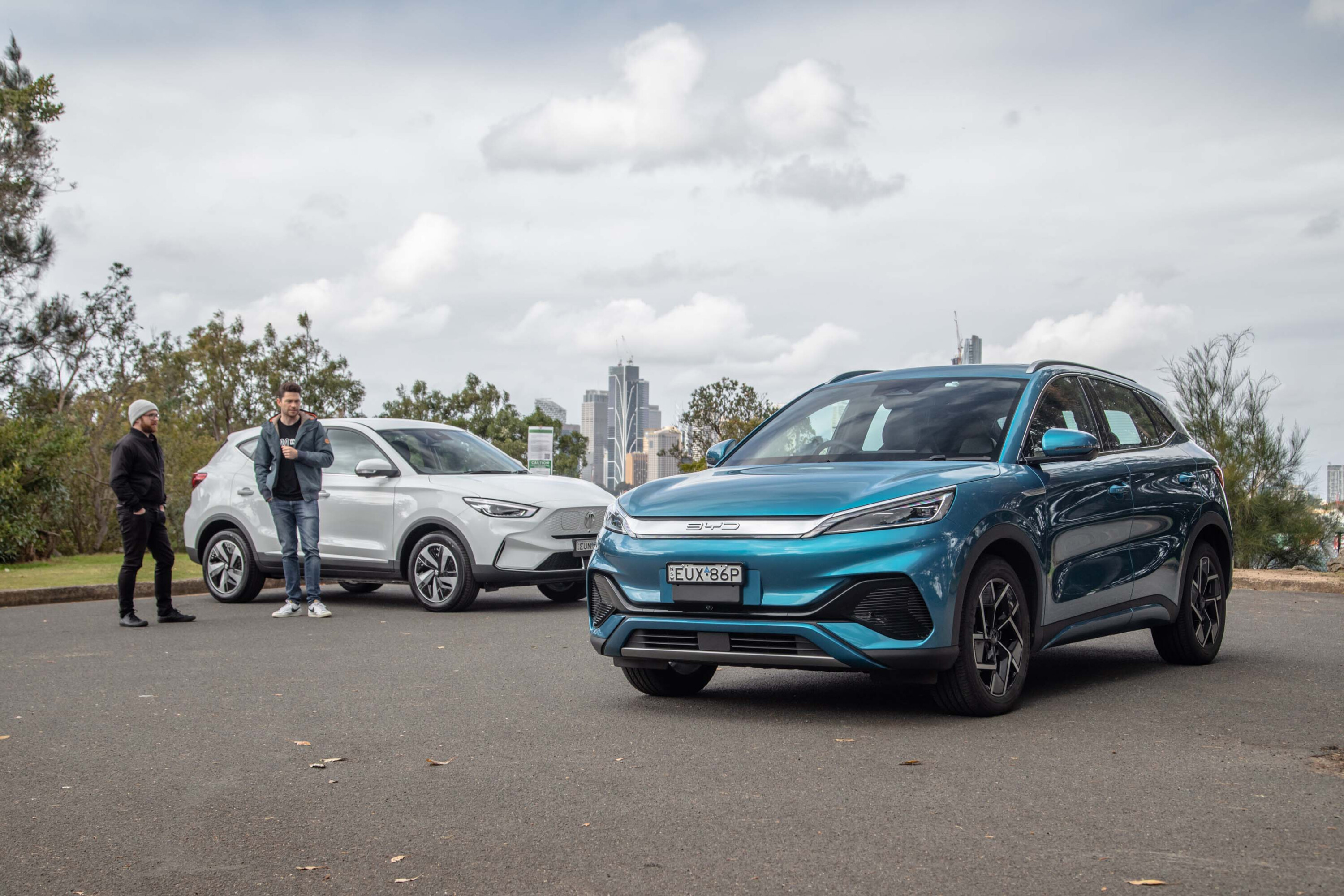 Advice
AdviceIs it time to buy an electric car? Crunching the numbers!
Is the tide turning for EVs? We've crunched the numbers on how much you could save by making the electric switch

